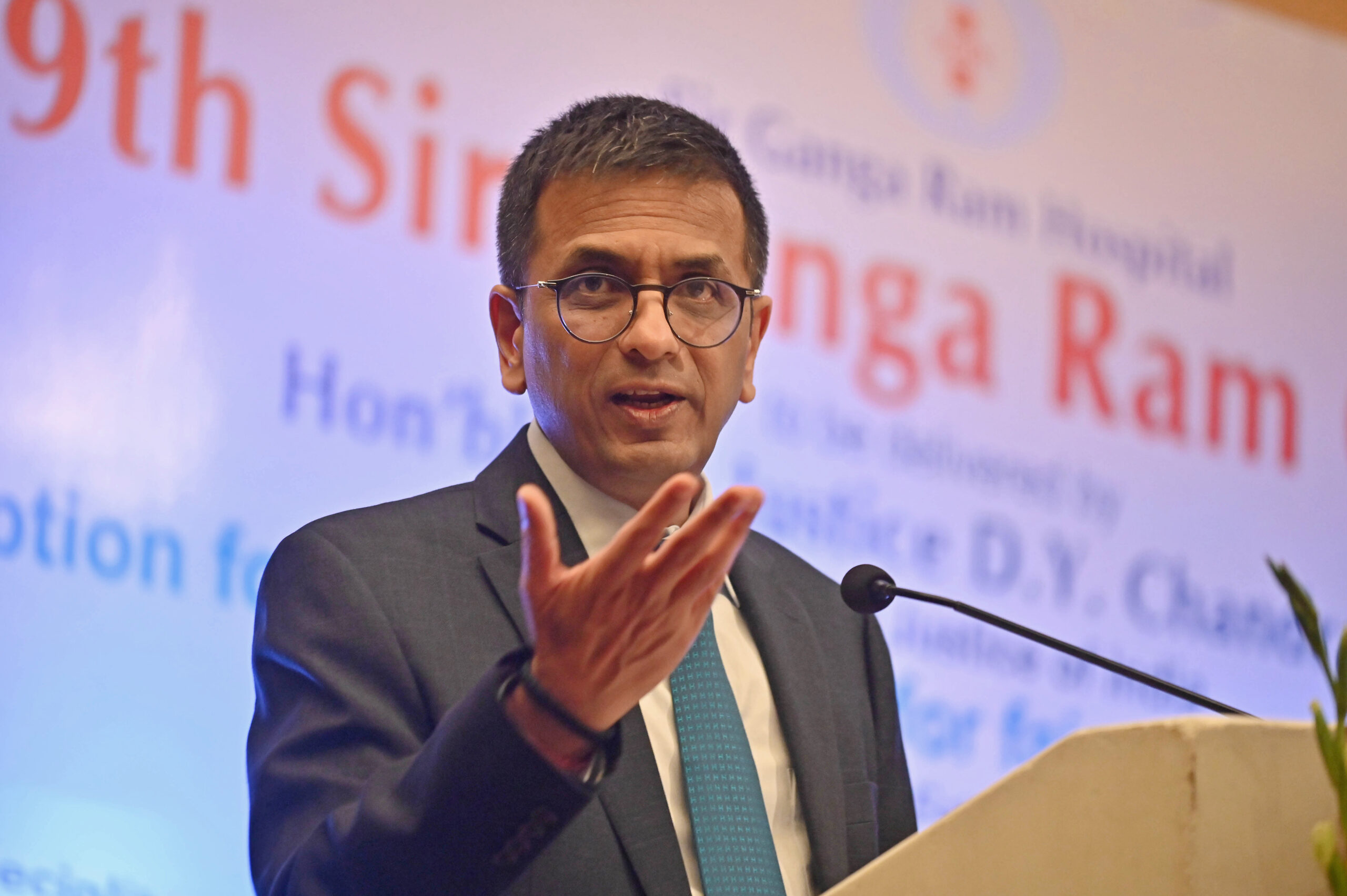


A Seven-Judge Supreme Court Bench, led by Chief Justice D Y Chandrachud, has reserved its verdict on the reevaluation of its 1998 ruling, which established immunity for Members of Parliament (MPs) and Members of Legislative Assemblies (MLAs) against prosecution for accepting bribes in exchange for making speeches or casting votes within the legislative bodies.
This constitution bench reached its decision after conducting hearings involving a panel of senior lawyers, including Attorney General R Venkataramani and Solicitor General Tushar Mehta.
The larger bench is in the process of reexamining the 1998 judgment delivered in the JMM bribery case by a five-judge bench. This earlier ruling had conferred immunity upon MPs and MLAs for accepting bribes in return for delivering speeches or votes within the legislature. The Supreme Court’s revisitation of this judgment comes 25 years after the JMM bribery scandal shook the nation.
The Central Government, just a day before, argued in court that the parliamentary privileges enjoyed by MPs and MLAs within the legislative Houses should not extend to actions involving bribery that occur outside of Parliament or state assemblies. Solicitor General Tushar Mehta, representing the Centre before the bench presided over by Chief Justice of India Dhananjaya Y Chandrachud, contended that immunity under Articles 105(2) and 194(2) of the Constitution should not apply when a legislator accepts a bribe.
Solicitor General Tushar Mehta referenced Section 7 of the Prevention of Corruption Act (PC Act), stating that the offense of bribery can be considered complete independently of any actions or votes within Parliament or state legislatures. Therefore, there should be no claim of legislative privilege if a member is prosecuted for accepting a bribe in exchange for a speech or vote, as per Section 7, which carries a penalty of up to seven years in prison.
This legal re-evaluation came about on September 20 when the Supreme Court decided to revisit the 1998 Constitution Bench ruling in PV Narasimha Rao v State. This judgment was referenced in the case of Sita Soren, a former member of the Jharkhand assembly belonging to the Jharkhand Mukti Morcha (JMM). She was alleged to have accepted a bribe from an independent candidate for her vote in the 2012 Rajya Sabha elections. Interestingly, the 1998 ruling protected lawmakers who voted or asked questions after receiving bribes but did not protect those who accepted bribes but failed to fulfill their end of the bargain.
Article 105(2) stipulates that no Member of Parliament can face legal proceedings in any court for statements made or votes cast within Parliament or any of its committees. A corresponding provision granting immunity to members of state legislatures can be found in Article 194(2).
After hearing arguments from all parties involved, the Seven-Judge Constitution Bench led by CJI DY Chandrachud announced the reservation of its decision on this matter. The verdict is expected to be delivered shortly. The bench also included Justices AS Bopanna, MM Sundresh, PS Narasimha, JB Pardiwala, Sanjay Kumar, and Manoj Misra.